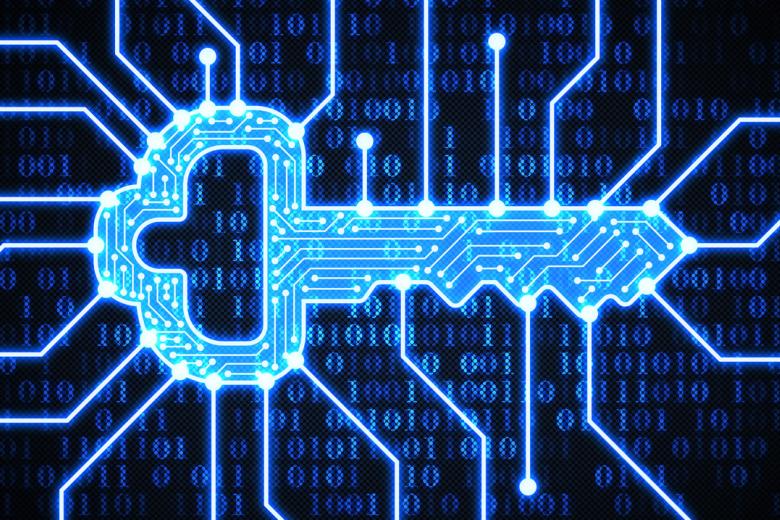Scientific Integrity
It is very important for the Maastricht UMC+ / FHML Board that all researchers within the Maastricht UMC+ / FHML work according to existing legal and regulatory requirements. Hence, the Research Code Maastricht UMC+ was developed to guarantee independent and meticulous research. It provides those involved in research with a clear description of the rules for ethical and socially responsible conduct in scientific research. Every new researcher (including PhD students) is informed about the Research Code Maastricht UMC+ while receiving their contract.
Morover, to abide by the principles set out in the Research Code Maastricht UMC+ and encourage a broader dialogue about scientific integrity and good research practice, a comprehensive list of issues related to scientific integrity was developed. This list includes information on what to do and provides links to available websites/tools.
Within Maastricht UMC+ a Platform Scientific Integrity is installed to create a culture of awareness regarding scientific integrity. The goal of the platform is to create an approachable and safe environment in which the topic scientific integrity is discussible.
What does the Research Office do?
- It updates the Research Code Maastricht UMC+
- It supports Schools/Institutes working on different aspects of Scientific Integrity
- It integrates different aspects of Scientific Integrity into one clear overall policy
Contact person
Els Swennen
Blog series on scientific integrity
Data practices and data management
From the moment you plan your experiment all the way to the endpoint of analysing your results and writing them down, you should always have data management in mind. Find out how to use the FAIR principles of Findability, Accessibility, Interoperability and Reusability in data management, data storage, and sharing of data.

Scientific integrity training
When it comes to scientific integrity, obvious misconducts such as data fabrication or fraud easily come to mind. But in daily practice, researchers may engage in more subtle research misbehaviours without even knowing it. To tackle questionable research practices, FHML/Maastricht UMC+ provides training in research integrity. Learn more about the in-depth scientific integrity training in this blog.

Conflicts of interest
Scientific integrity is of the utmost importance at Maastricht University. Conflicts of interest may violate scientific integrity. What are conflicts of interest, how do you know if you are in a (potential) conflict of interest, and how to address them? Learn all about it by reading this blog with some illustrative examples and advice on how to control your bias.

Integrity breaches
Most researchers adhere to the many criteria their own research fields uphold for good science. But where people work, people make mistakes. What do you need to do when things go wrong, and who can you turn to for help? This blog discusses the tools created by the PSI to be used in case of a breach of research integrity.
